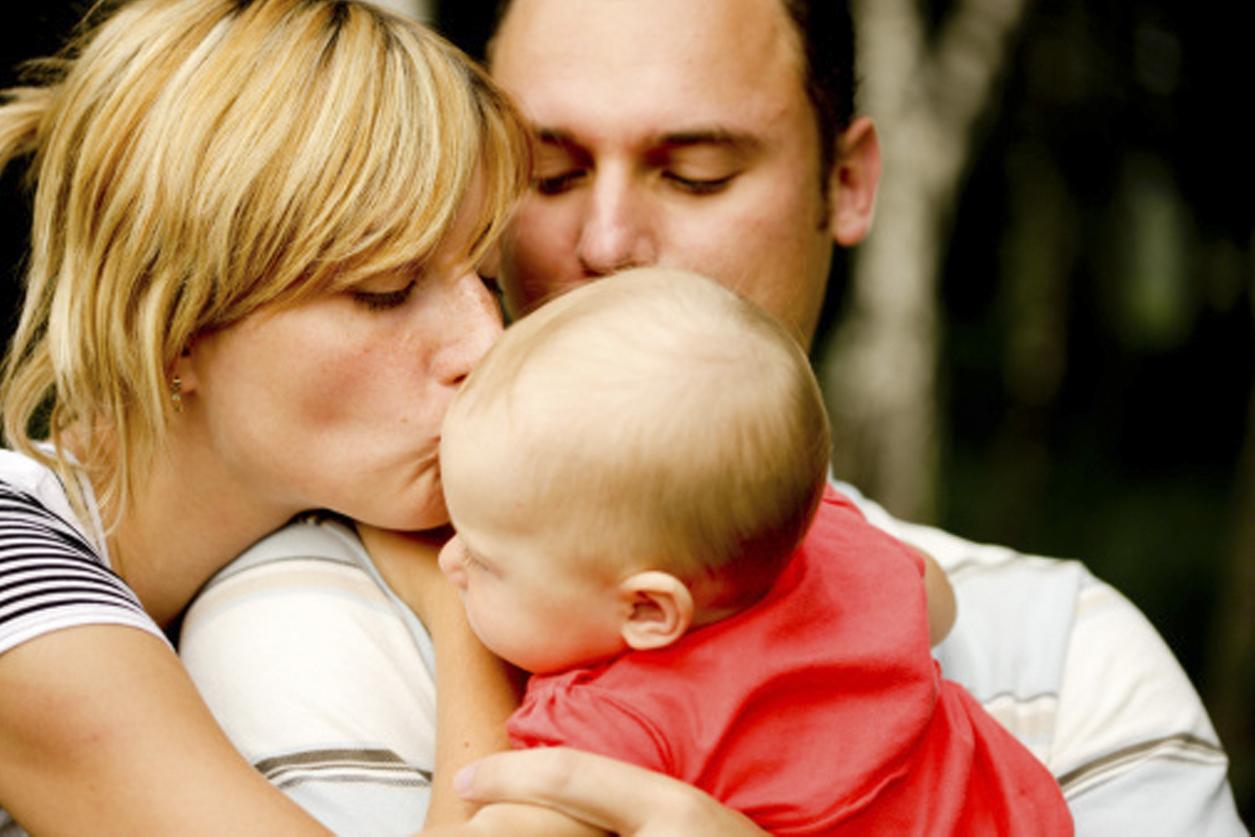After the birth of my first daughter I was blindsided by the reality of motherhood. I had always wanted to become a mother. I thought that with my experience of working with children and families that it would come naturally, that I would take the transition with ease. But my daughter, Olive, had other plans. She was a “high needs” baby. For us that meant she cried for hours on end, needed constant movement while awake and warm arms to hold her while she slept. Naturally I turned to the “baby experts.” I bought or borrowed every book on sleep and baby development I could get my hands on to find an answer to why my baby wasn’t “normal”. All to no avail, my baby and my mothering just didn’t seem to fit. I began to question myself, my intuition and overall, my ability to mother.
Finally, I put the books down and slowly I became more embodied as a mother. I started to allow myself to use more internal information and wisdom instead of focusing solely on external resources to guide how I approached my newborn. And Olive still cried, but I was able to soothe her. She still needed to be held, but I felt I was honoring her needs and our bond by doing so. And now in my second attempt at new motherhood, with my now almost five-month-old daughter Maggie, I’m able to breathe a little more easily and trust my internal voice.
So how do we learn to tune out unnecessary external information and get in touch with the internal? Here are some tips for beginning to incorporate embodied mothering into your life:
1. Breathe and be kind to yourself. One of the first steps to becoming more embodied is to take some time to relax and breathe. To connect with yourself, your inner voice. Even a few moments a day of mindful reflection and space can help you begin to hear your “mommy expert” within. In these too few moments each day take time to honor yourself and your unique gifts and skills as a mother.
2. Embrace your imperfection. No one is perfect, and there is no such thing as the “perfect mother.” Ann Dunnewold Ph.D., in Even June Cleaver Would Forget the Juice Box introduces the concept of the “perfectly good” mother. A “perfectly good” mother loves her children, meets their needs and nurtures them. But, she also has moments of anxiety and worry, moments of imperfection. She’s human, and she does a perfectly good job. So relax, you can do a perfectly good job too!
3. Give yourself time. No one knows how to be the parent they want to be on day one, or two… or month four. It’s an individual process to learn what works for you and what works for your growing child. Every day is a new learning experience, a new hurdle. It takes time to roll with the uncertainty and find what works for you and your family.
4. Take expert advice with a grain of salt. External resources can be really helpful. But they are just that, resources. There are as many philosophies and opinions about parenting as there are authors. Pick and choose what seems to match your internal wisdom about yourself as a parent and your child as an individual.
5. Listen to your gut. In a culture that constantly spits out new ideologies and opinions about mothering, it’s easy to lose sight of your inner wisdom and intuition. As a new mom it can be especially difficult to hear it through the sleep deprivation and ever present well-meaning peanut gallery. Give yourself space to connect with it, and do what feels right to you.
6. Ask for help. It can be tempting to want to do it all on your own, but it truly does take a village. Ask friends and family for support, for meals, to hold the baby so you can follow tip #1. Join a local Mom’s group or playgroup.
If you find you are struggling more than you think you should be, contact us for information on our New Mom Support Group and/or individual therapy services at extension 109.
For additional information to help you find your embodied parent voice, check out some external resources that have helped me along the way:
Books:
Even June Cleaver Would Forget the Juice Box, Ann Dunnewold, Ph.D.
The Happiest Baby on the Block, Harvey Karp (No time to read? Get the DVD!
)
The Baby Book, William Sears and Martha Sears
Community Resources:
The Pump Station: Great online resource, but their two locations in Hollywood and Santa Monica are also great resources with parenting classes, lactation support groups and more.
Huntington Hospital Breastfeeding Support Group (free) Every Thursday from 10-11:30am. 626-397-3172.
Online Resources:
ThePumpStation.com
MOMSclub.org
KellyMom.com
BabyCenter.com
Learn more about the Institute’s New Moms Programs here.
Copyright © 2010
Please note: Nothing in what you find here should be construed as medical advice pertinent to any individual. As is true with all written materials, and especially information found on the internet, you must be the judge of what appears valid and useful for yourself. Please take up any questions you might have regarding the content of this website with your psychotherapist or physician.



